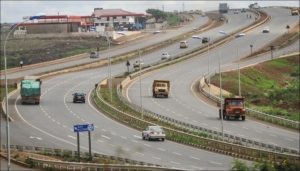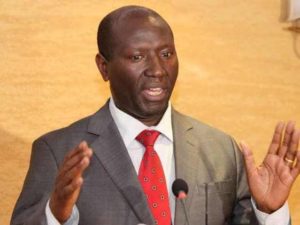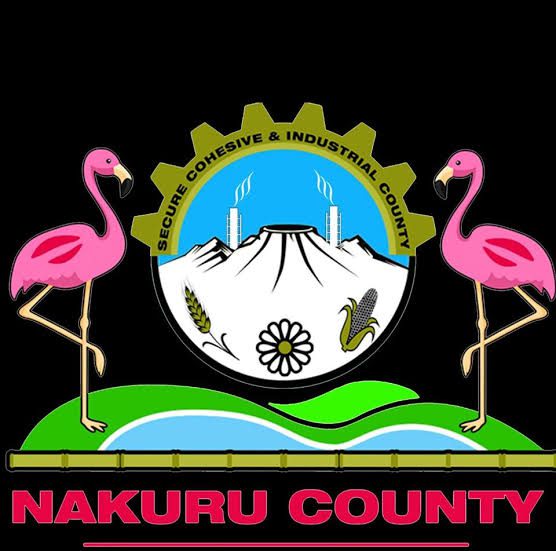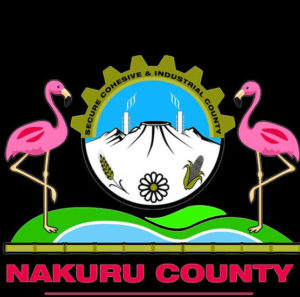According to Business Daily Kenya, Motorists planning to use the Nairobi to Nakuru to Mau Summit road, will pay between 1,458 Kenyan Shillings and 7,290 Kenyan Shillings as toll charges.
The toll rates will make highways in Kenya among the most expensive to use in the world.
The Kenya National Highways Authority (KeNHA) has recommended that high capacity vehicles like transit lorries for example, should pay 30 Kenyan Shillings per kilometre in order to use the toll road, while low capacity vehicles like personal cars will pay 6 Kenyan Shillings per kilometre on the 243 kilometre long highway.
The 30 Kenyan Shillings and 6 Kenyan Shillings per kilometre toll rates, will most definitely raise the cost of doing business significantly, while putting inflationary pressure on the prices of goods and services.

Director-General of the Kenya National Highways Authority (KeNHA) Peter Mundinia during an interview made it known that motorists will pay the same charges to use the Jomo Kenyatta International Airport (JKIA) to Westlands expressway which is 18.586 kilometers long and starts at Mlolongo.
The expressway which starts at Mlolongo and ends at Westlands, will cost users between 111 Kenyan Shillings and 557 Kenyan Shillings from Mlolongo to Westlands.
The Director-General added that many other roads will be put on the tolling system.

Mr. Mundinia stated that, “The first in line and whose procurement has progressed well are Nairobi-Nakuru-Mau summit Expressway and Nairobi Expressway (JKIA to James Gichuru Road). Others will come after evaluating the success of the above two.”
The new charges are still however, subject to approval by the Transport Secretary.
The 7,290 Kenyan Shillings per kilometre figure for trucks means that Kenya will be among countries with the most expensive roads in the world alongside its European counterparts who interestingly, also enjoy cross-border highways.
Toll.eu a website which records the fees paid to use major European highways, claims motorists pay between £30 (3,469 Kenyan Shillings) and £66 (7,632 Kenyan Shillings) to travel via the Eurotunnel which connects France to the United Kingdom.
This means motorists pay roughly £1.32 (152 Kenyan Shillings) per kilometre on the 50.45 kilometre stretch.
Director-General of the Kenya National Highways Authority (KeNHA) Peter Mundinia also stated that the tolling highways will no longer receive allocations from the fuel maintenance levy kitty.
Investments in Public-private partnership(PPP) pacts will be done using the funds received from the toll fees.
The maintenance of major arteries as well as the expansion of the road network countrywide, will be carried out via the toll fees funds.
Toll fees were first introduced in the late 1980s but were discontinued in the mid-90s in favour of the roads maintenance levy which is currently charged at 18 Kenyan Shillings per litre for petrol and diesel.
The Kenyan government however made it known in the past that the funds raised through the fuel levy have so far, been unable to adequately cover the costs of maintaining the country’s roads. This led to the re-introduction of toll fees.
A special Tolling Fund will be used to finance maintenance of the highways and repayment of other roads which have been built by private contractors but have failed to generate enough funds to repay investors due to low user numbers.
Kenyans have demanded that the government must provide alternative roads and freeways for individuals who will be unable to pay the toll fees, and those who do not want to use the new roads.
Kenya National Highways Authority (KeNHA)’s Director General, stated that individuals who do not wish to use the toll highways can choose to ply other roads which connect the towns to the capital. However, they will have to endure heavy traffic.



